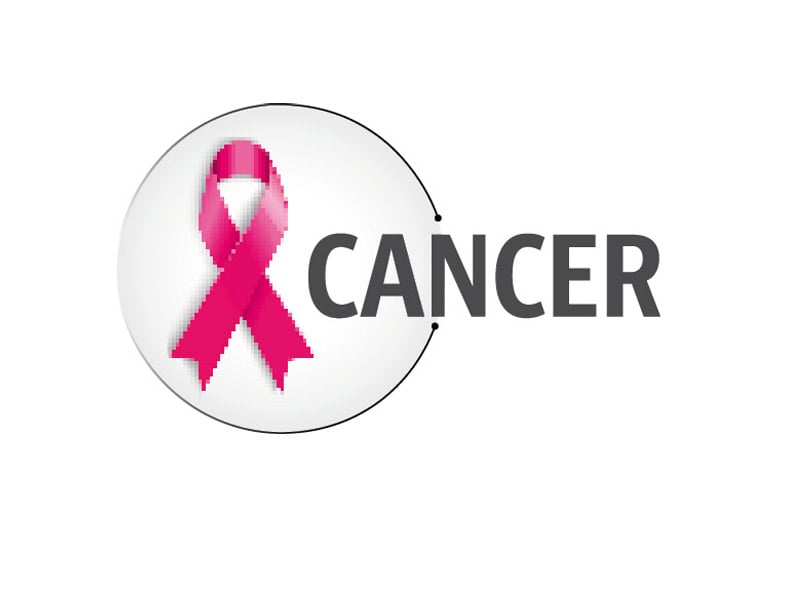
As the world commemorates World Cancer Day, the global cancer prevalence presents a sobering reality. While developed nations see a decline in heart disease deaths, cancer has become the leading cause of death, with the heaviest burden in regions like Asia, Africa, and Latin America. In Pakistan, the challenge is particularly acute.
Recent data from the World Health Organization’s International Agency for Research on Cancer, shows that in Pakistan, more than 178,000 patients are diagnosed in 2020. To further aggravate the situation, recent data on cancer patients is hard to come by, a fact that has been highlighted by health experts constantly. The data that is available shows that the number of prevalent cases over the last 5 years is 329,547 with the majority being breast cancer (14.5%) among females, followed by lip and oral cavity cancer (9.5%) which is more commonly diagnosed in males.
Extensive use of gutka, and chalia contributes to mouth and throat cancer in approximately 90% of cases in men. Lung cancer, the third most common type in Pakistan with 5.9% cases per annum, is closely linked to smoking. Furthermore, shisha, vaping, and electronic cigarettes contribute equal threats to health as conventional cigarettes. Cancer causes are complex, often tied to genetics, environment, and lifestyle, with healthy living reducing risks. Health experts note that these factors are key in the development of many cancers, including blood cancer which affects about 3,000 Pakistani children yearly. The WHO notes that 30-50% of cancers can be prevented, highlighting the importance of early detection and lifestyle changes.
Read more: Cancer surging among under 50-year-olds worldwide, study says
The challenges in Pakistan extend beyond prevalence to prevention and early detection. A lack of infrastructure, skilled healthcare professionals, and financial constraints hinder effective diagnosis and treatment. Cultural beliefs and social stigmas further exacerbate the problem, often leading to delayed diagnosis and inadequate support for patients and their families.
Another challenge for cancer care in Pakistan, is the associated costs of treatment. The cost of cancer treatment can be high, often reaching millions of rupees, depending on various factors such as the type of cancer, its stage, and the choice of hospital. About 70% of cancer patients are treated in public hospitals in the country where basic cancer drugs are provided free to indigent patients, but the burden of supportive care and other expenses falls on the patients. In the private sector, all costs are out-of-pocket, with only 10%-15% of patients receiving full or partial insurance coverage.
However, there is still a silver lining. Cancer treatments have evolved significantly over the years with many modern methods yielding considerable positive results. Cancers at Stage 3 and earlier are mostly curable thanks to advanced treatment options available nowadays. Although some Stage 3 cancers can return at a later stage, most patients are able to live healthy and active lives once their treatment is completed.
In the face of these challenges, insurance plans can be a beacon of hope and a line of defence against the financial burdens of cancer treatment. Jubilee Life Insurance stands out in providing cancer protection plans for all individuals in Pakistan. It is the first insurance company in the country to offer an exclusive cancer protection plan. Individuals can opt for a Cancer Protection Plan or top-up their base insurance plan with this unique benefit for extra protection. This enhancement aims to make their insurance coverage more comprehensive and sturdy. Notably, this exclusive plan is also the most affordable and accessible plan in Pakistan, making cancer protection accessible to a wider demographic.
As we observe World Cancer Day, the need for concerted efforts in combating cancer in Pakistan is more pressing than ever. The journey is complex, involving not just healthcare systems but also societal attitudes and financial support mechanisms. It's a path that requires resilience, innovation, and collaboration to ensure a healthier future for Pakistan.
The writer, with 30 years of extensive experience of financial industry including both life insurance and consumer banking of Pakistan, currently serves as the Group Head of Retail Operations, Marketing, and Administration at Jubilee Life Insurance


















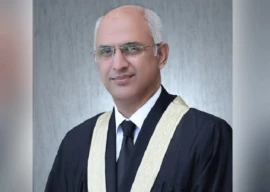
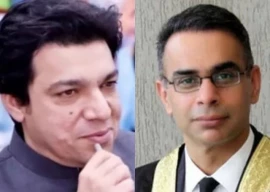
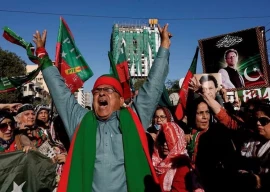
1715843823-0/WhatsApp-Image-2024-05-16-at-12-14-16-(1)1715843823-0-270x192.webp)
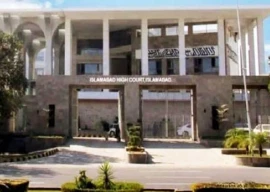



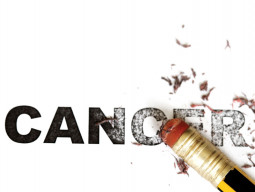
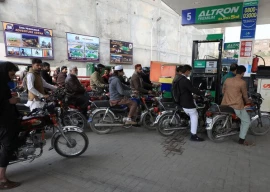
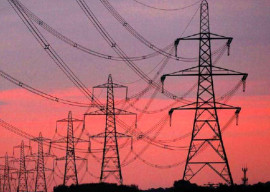
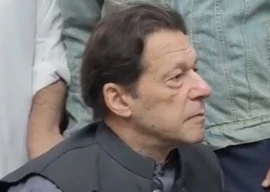
1683888120-0/image-(3)1683888120-0-270x192.webp)
1715752665-0/hazimpraise-(1)1715752665-0-270x192.webp)





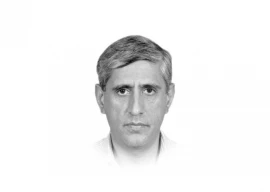
COMMENTS
Comments are moderated and generally will be posted if they are on-topic and not abusive.
For more information, please see our Comments FAQ